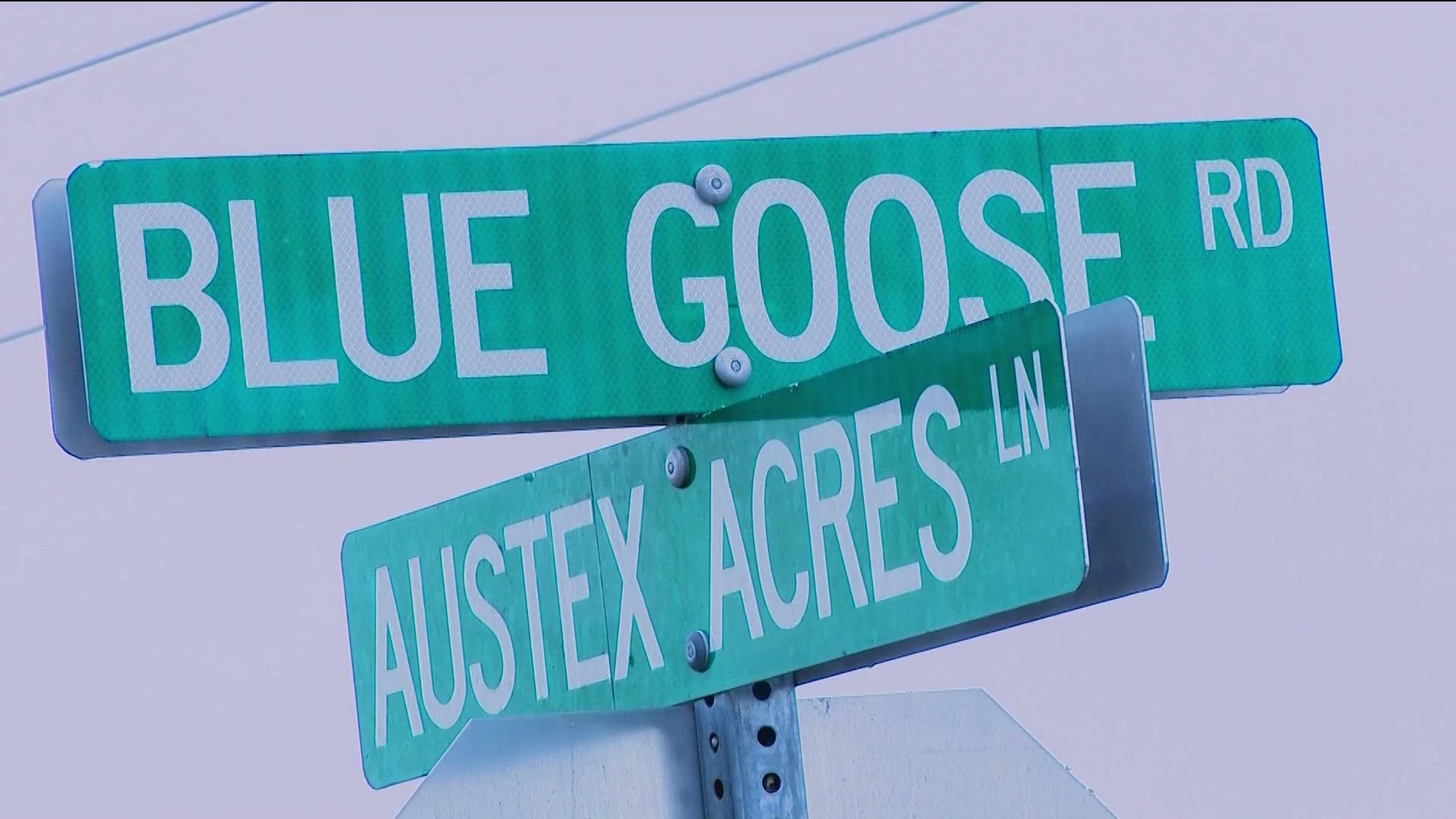AUSTIN, Texas — Saturday, May 4, is Election Day, and there are several propositions on the ballot that could impact areas on the outskirts of Austin.
Six neighborhoods are voting on whether they want to disannex from the city:
- Prop A: 738 acres of land in Lost Creek
- Prop B: 4 acres of land in Mooreland Addition
- Prop C: 28 acres of land on Blue Goose Road
- Prop D: 40.48 acres of land in Lennar at Malone
- Prop E: 104 acres of land in Wildhorse/Webb Tract
- Prop F: 212 acres of land in River Place Outparcels
In 2017, Texas lawmakers passed a bill stopping cities in large counties from being able to annex areas if residents didn’t want to be part of the city. But between the time the law passed and when it went into effect, many areas were annexed.
Last year, lawmakers passed House Bill 3053 to allow neighborhoods that were annexed during that time period to disannex, if voters approve.
Lost Creek in West Austin is the largest area proposing to deannex itself from the city. It's been a part of Austin since 2015, but many residents have been petitioning to separate them from the city, claiming they’ve been paying city taxes for services that have been lacking. Neighbors in the area have had to pay for off-duty sheriffs to patrol the area.
But if these areas do get disannexed, that means there will be some changes to their services.
Austin-Travis County EMS (ATCEMS) would still provide emergency services, but the local emergency service district (ESD) would respond instead of the Austin Fire Department and the Travis County Sheriff’s Office (TCSO) would be the responding law enforcement agency instead of the Austin Police Department (APD).
The TCSO told KVUE that since many of these areas have been in their jurisdiction before, their deputies are familiar with them and they will be able to respond faster.
“It’s quite likely that it’ll be easier for us to get to some of these locations because they’re closer to the unincorporated areas we already patrol,” Kristen Dark, the TCSO's senior public information officer, said.
Austin Water and Austin Energy would continue to provide service to these areas, but residents would have to pay an out-of-city rate if they choose to leave.
The city of Austin also said trash services and street sweeping would be phased out, so neighbors would have to contract their own private services.
In regard to taxes, the city said property taxes will be collected until the area’s share of city debt has been paid off. After that, the city said it won’t assess city of Austin property taxes. Upon final disannexation, sales tax collection would end.
The city also sent KVUE a list of other services that would end on the date that these areas are finally disannexed:
- Coding enforcement
- Zoning review
- Full planning review, inspection, and compliance services related to development
- Street maintenance
- Streetlight maintenance
- Sidewalk and crosswalk maintenance
- Traffic sign maintenance
- Right of way permitting
- Public Health and sanitation regulation, such as litter on the rights of way
- Maintenance of drainage infrastructure
- Environmental spills investigation

